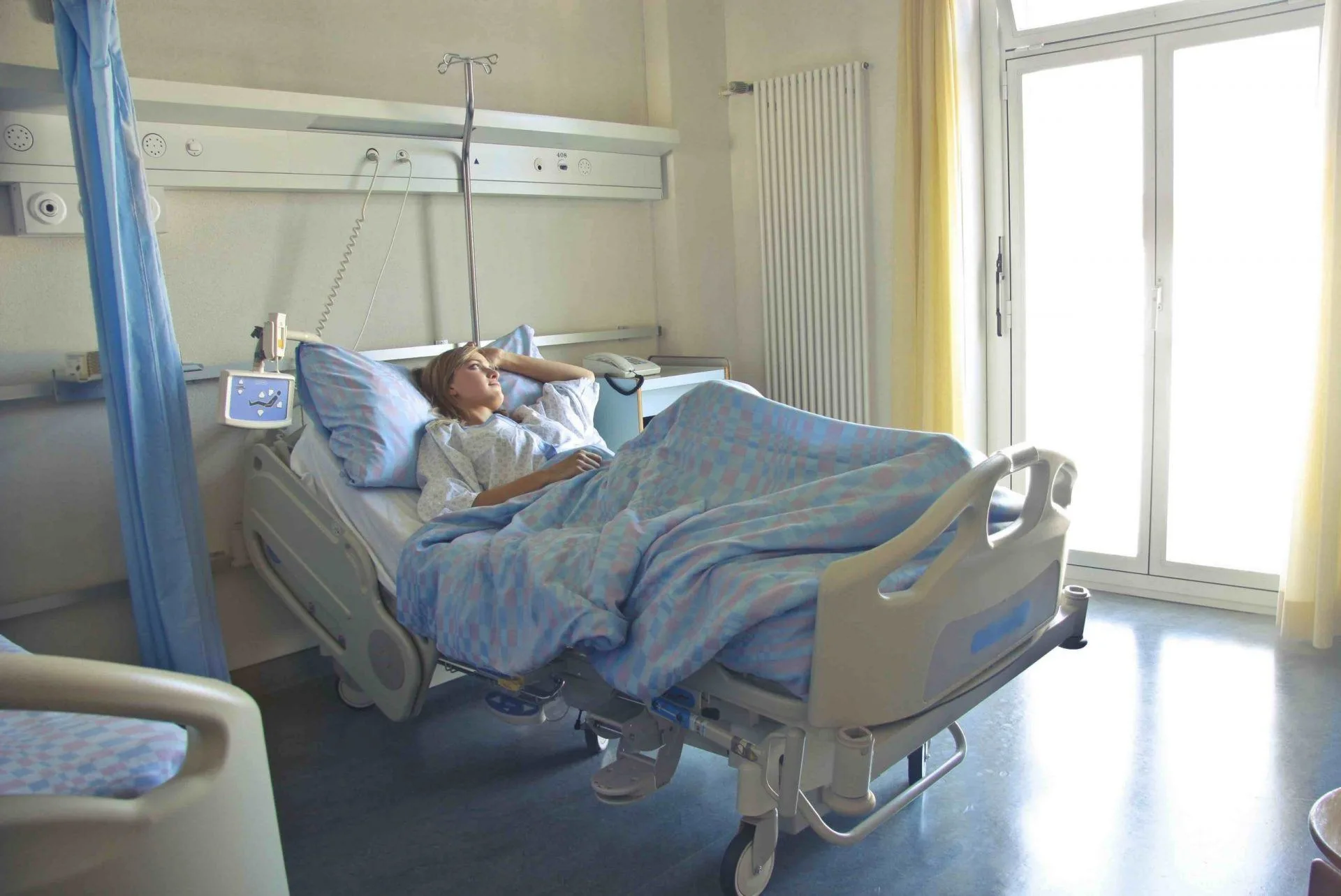It is important to highlight malnutrition issues. In doing so, we can educate healthcare professionals on how to identify and treat them at an early stage. As such, this presents a great opportunity to address the malnutrition challenges experienced by admitted patients in healthcare facilities. Dietician Omy Naidoo explains.
While the medical and surgical needs of inpatients are typically given priority, their dietary issues are rarely taken into account.
This leads to a number of hospitalized patients suffering from malnutrition, which prolongs their recovery and increases their chances of experiencing complications.
What you need to know about hospital malnutrition
Hospital malnutrition occurs when an individual becomes nutritionally depleted due to their illness as well as being unable to consume adequate nutrition. Very often when a patient is admitted to a hospital, they may have a low appetite, nausea, vomiting, and/or diarrhea. This leads to the patients consuming inadequate amounts of nutrition.
On the flip side, patients in hospitals may have higher nutritional requirements to deal with their illness as well as help them recover. The net effect is that these patients become at risk for hospital malnutrition.
A silent, growing problem
Studies have shown that patients who are malnourished have a 3-fold increased risk of death in that admission compared to well-nourished patients.
Malnourished patients have a 73 % higher cost of admission and are more likely to develop serious infections as well as longer hospital stays compared to well-nourished patients.

Rustle/Shutterstock
Moreover, malnourished patients typically experience more complications and require more medical attention.
Besides experiencing many adverse outcomes such as longer hospital stays, and higher healthcare costs, this also puts a strain on healthcare professionals.
Nutrition and healthcare
There is no doubt that nutrition is a vital component of how patients respond to treatment when they are sick. However, malnutrition can delay recovery and increase complications in both surgical and medical patients. In order to combat this condition, hospitalized patients can benefit from healthy food options.
Furthermore, patients can also benefit from being evaluated by registered dieticians upon admission. This will enable them to determine any deficiencies and create a treatment plan based on their specific medical and surgical requirements. It is vital that healthcare professionals are capable of diagnosing malnutrition at an early stage, as well as educating patients on how nutrition contributes to recovery.
Bottom line
The take-home message is that hospital malnutrition affects the outcome of your illness, and you need to pay attention to your loved ones when in the hospital in terms of their nutrition. Seek a dietician to assist should you notice intake starting to drop. Hospital malnutrition is preventable and completely treatable.
Main photo credit
Thanks to Andrea Piacquadio for the main photograph featured in this article.



![women [longevity live]](https://longevitylive.com/wp-content/uploads/2020/01/photo-of-women-walking-down-the-street-1116984-100x100.jpg)










